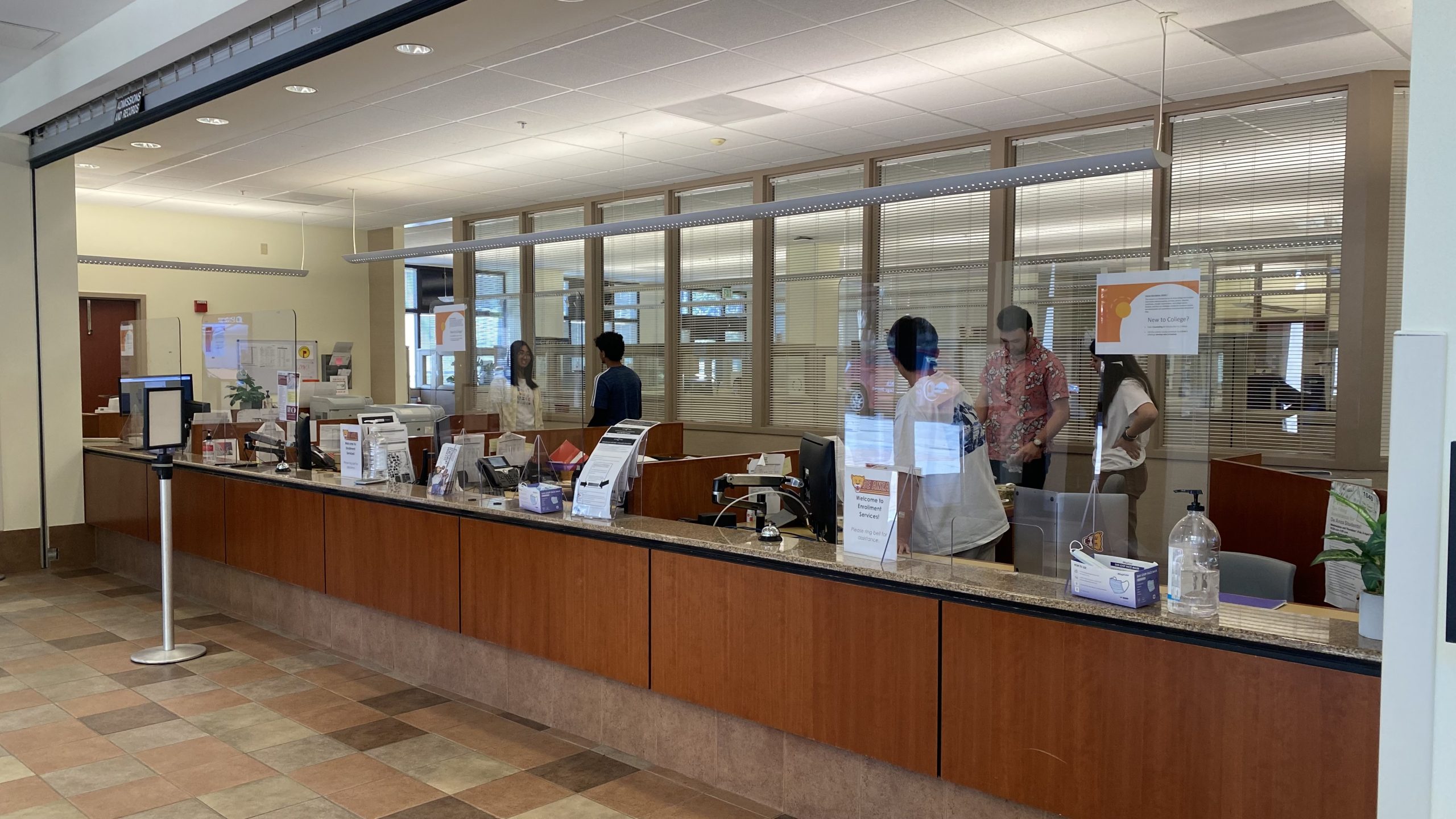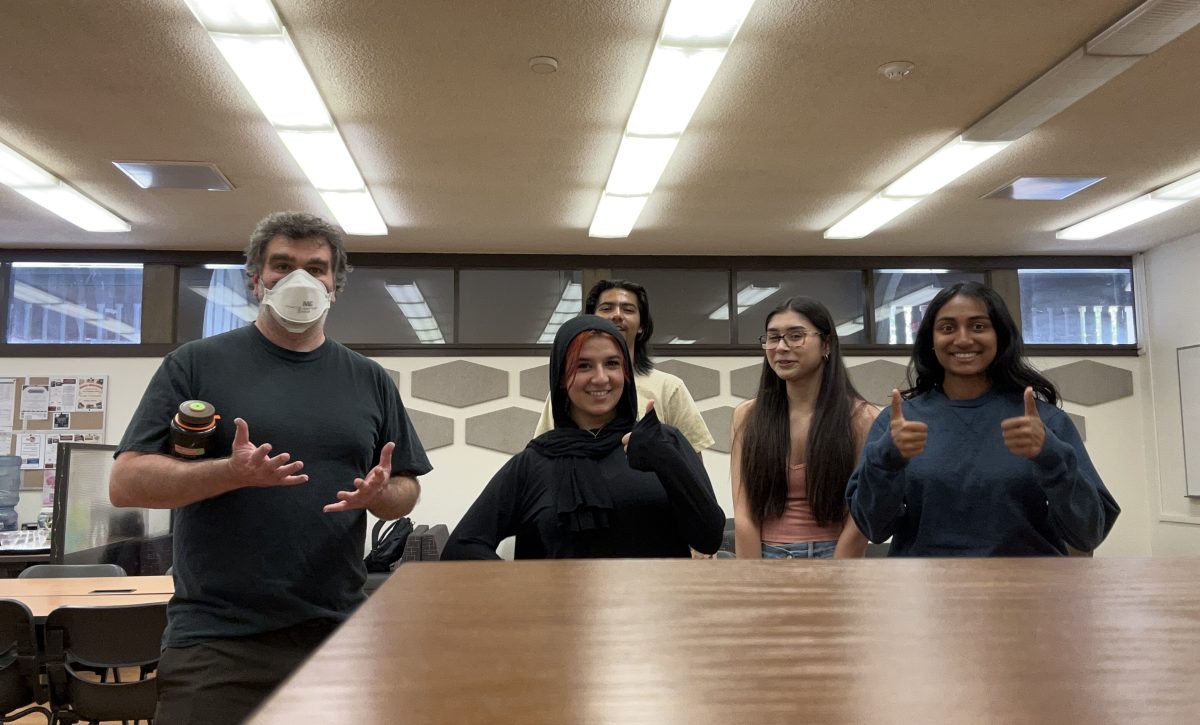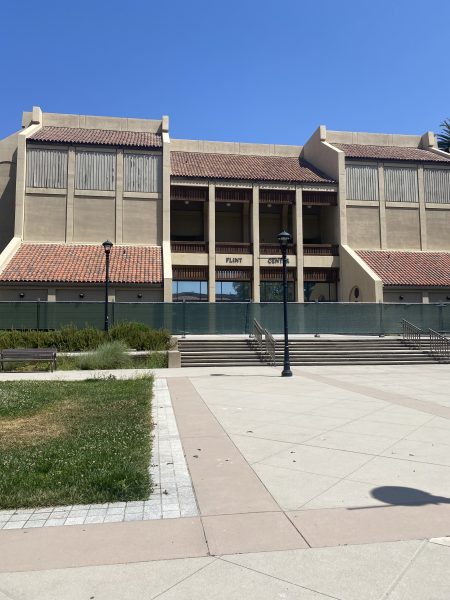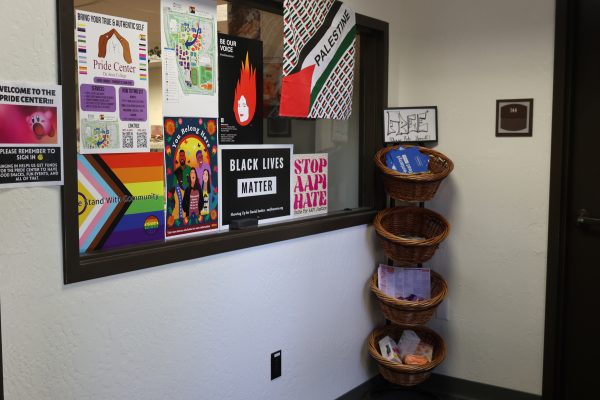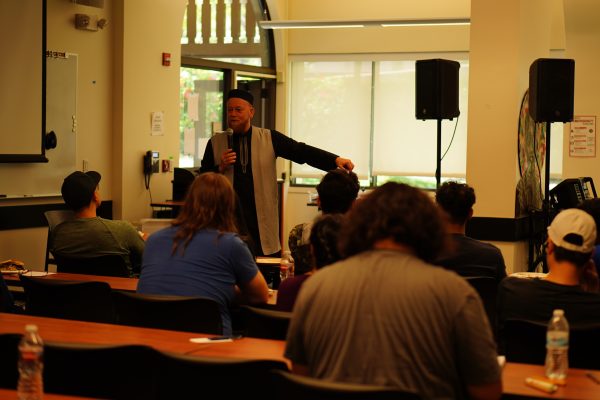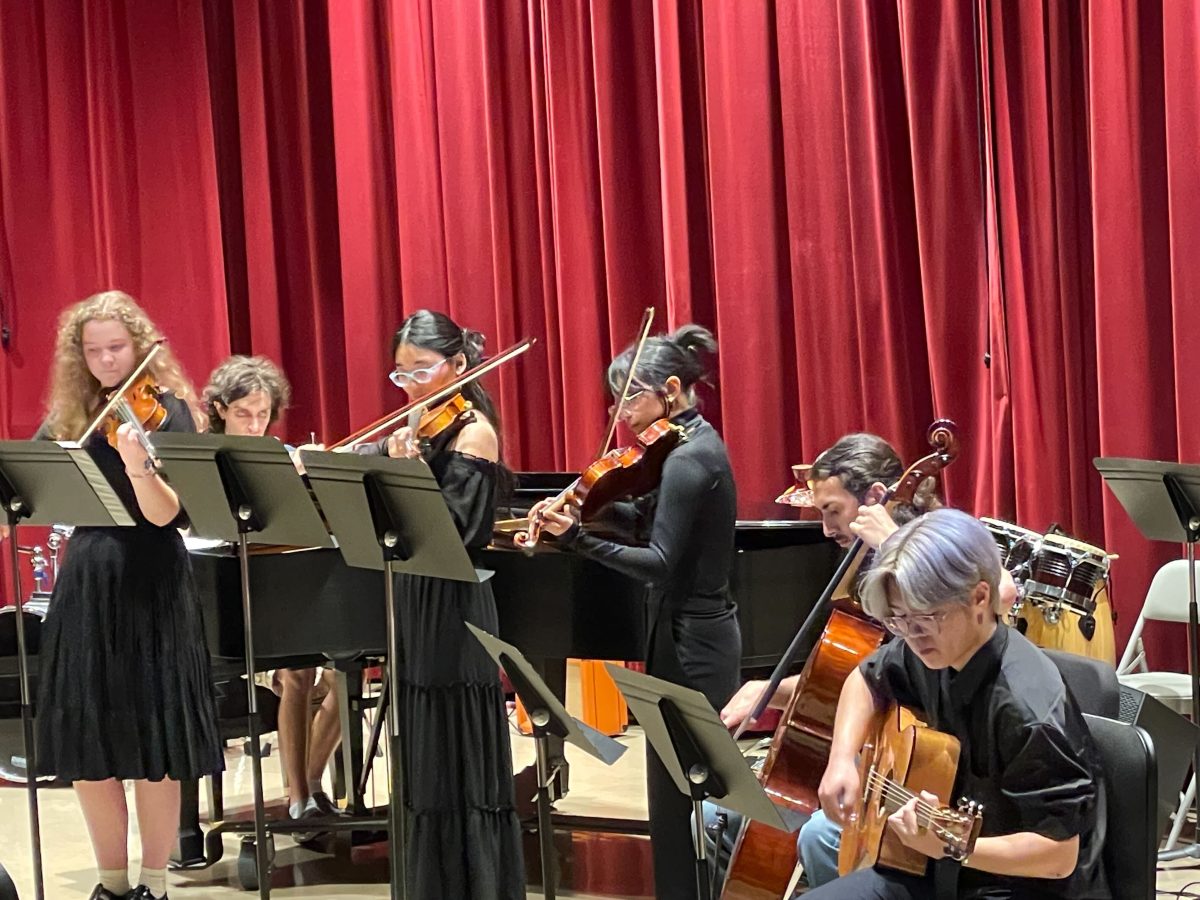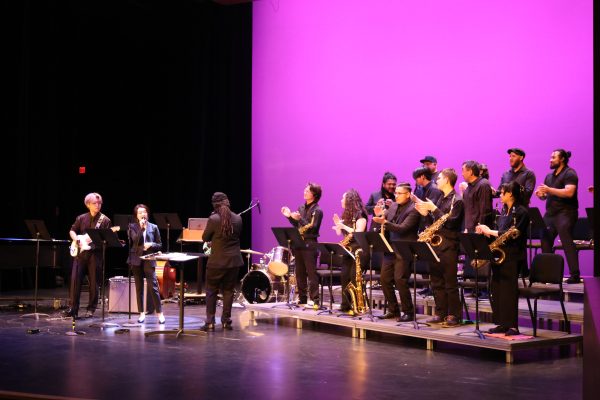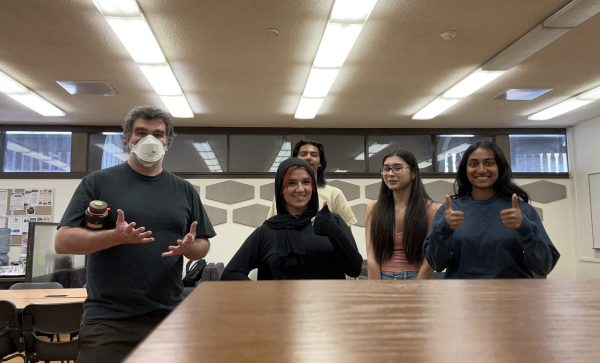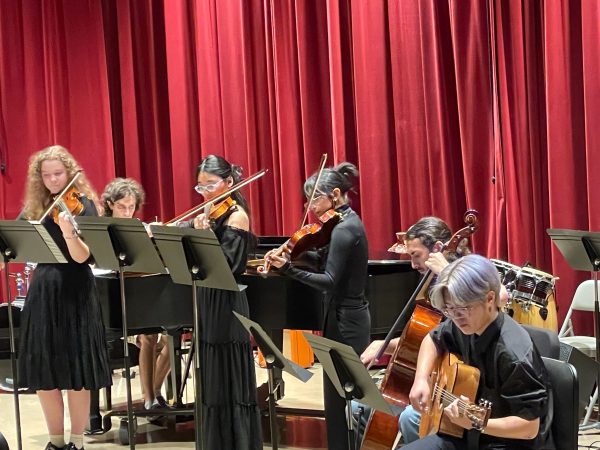Campus petitions essential to De Anza awareness
April 16, 2018
This article is from a two part debate about petitions on campus. Read the rest here: https://lavozdeanza.com/opinions/2018/04/18/attention-petitioners-go-away/
You are walking on campus to the cafeteria or an upcoming class when you see someone approach you and hear the words that you really don’t want to hear: “Would you like to sign a petition in support of this legislation?”
Petitioners, donation collectors and the occasional inflammatory fire-and-brimstone preacher are common sights at De Anza College, yet among these visitors, petitioners play a particularly vital role in our local and federal governments’ political processes. They are an essential part of our campus, whether we like their presence or not.
The First Amendment guarantees us the right “to petition the government for a redress of grievances,” along with our rights of freedom of speech, press, religion and peaceable assembly.
Petitions gathered at De Anza provide students an outlet for political advocacy on campus and lets their voices be heard. — Ethan Maneja
Petitions allow us to request action by elected representatives for or against legislation that we feel strongly about. Petitions gathered at De Anza provide students an outlet for political advocacy on campus and lets their voices be heard.
Critics of petitions may argue that they don’t do anything; they are just a collection of signatures and nothing more. This is true, if one only focuses on the petition itself and ignores what it can do in the legislative process.
Signatures provide evidence of public support for the petition request and with enough signatures, advocacy groups can influence policy shifts through the pressure they create. It is easy for students to underestimate the value of petitions if we only see the signature gathering and not how those signatures are put to use.
Petitions on campus also serve another purpose: awareness. Policies that only some of the public are aware of may be of concern to others. Petitioners at De Anza may raise awareness of certain issues for students that they would not have been informed of otherwise.
Above all, participation in petitions on campus are of course, optional. We have the right to not sign petitions; they’re not compulsory. A quick detour, the tactical use of earbuds or a simple “no thanks” should be enough to deter petitioners.
Though they may be irritating to some at De Anza, petitions are an important part of reform and we should not waive the right of petitioning based on inconvenience it may pose.




